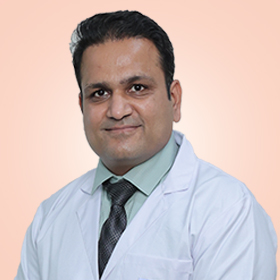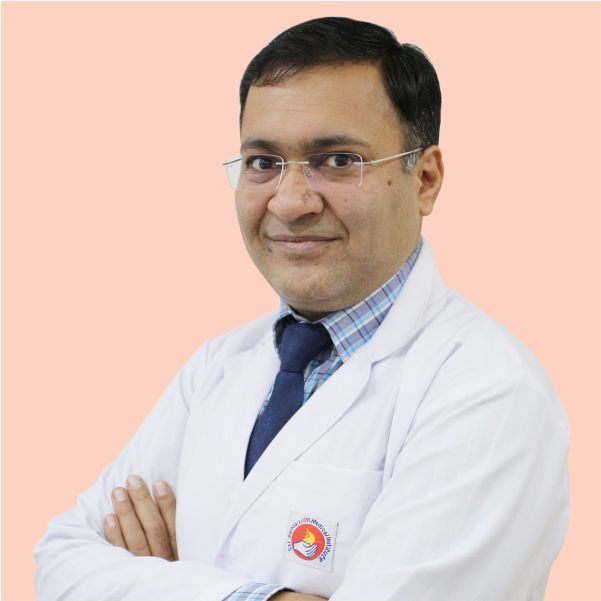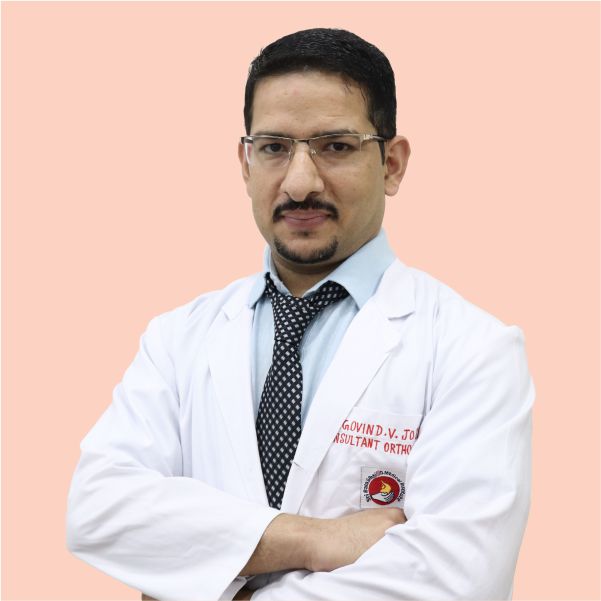Sports injuries are common occurrences among athletes, ranging from amateurs to professionals. These injuries can range from minor sprains and strains to more serious conditions like fractures or tendon ruptures. Effective treatment is crucial not only for a quick recovery but also to prevent recurrent injuries and long-term damage. The treatment of sports injuries involves a multifaceted approach, including initial care, rehabilitation, and prevention strategies.
Sports injuries can be broadly categorized into two types: acute injuries and chronic (or overuse) injuries. Both types vary in their causes and symptoms, and understanding them is crucial for proper treatment and prevention.
Acute Injuries
Acute injuries occur suddenly during physical activity or sports. They are often the result of a specific impact or traumatic event. Common types include:
- Sprains: Injuries to ligaments (the bands connecting bones), such as ankle or wrist sprains.
- Strains: Injuries to muscles or tendons (the tissues that connect muscles to bones), commonly referred to as pulled muscles.
- Fractures: Breaks in bones, which can be simple, compound, or stress fractures.
- Dislocations: Occurs when bones in a joint are displaced or come out of alignment, commonly seen in shoulders and fingers.
- Concussions: A type of traumatic brain injury caused by a blow to the head, prevalent in contact sports like football and hockey.
- Cuts and Abrasions: Common in sports involving falls or contact with hard surfaces.
Chronic Injuries
Chronic or overuse injuries develop over time, usually due to repetitive stress on a body part without adequate healing time. They include:
- Tendonitis: Inflammation or irritation of a tendon, common in the wrists, elbows (tennis elbow), and Achilles tendon.
- Stress Fractures: Small cracks in bones, often occurring in the legs or feet of runners.
- Shin Splints: Pain along the shin bone, typical in runners or athletes involved in high-impact sports.
- Bursitis: Inflammation of the bursae, small fluid-filled sacs that cushion bones, tendons, and muscles near joints. Common in shoulder, elbow, and hip.
- Chronic Muscle Strains: Repeated muscle injuries in the same area, often due to not allowing an initial strain to fully heal.
Specific Sports-Related Injuries
Certain injuries are more prevalent in specific sports due to the nature of the activities involved. For example:
- Runner’s Knee: Knee pain due to overuse, is common in runners and cyclists.
- Swimmer’s Shoulder: Shoulder pain from repetitive swimming strokes.
- Golfer’s or Tennis Elbow: Elbow pain from repetitive motions in golf and tennis.
- Jumper's Knee: Knee pain associated with jumping sports, like basketball and volleyball.
Initial Care: The RICE Method
The first step in treating most minor sports injuries is the RICE method, an acronym for Rest, Ice, Compression, and Elevation.
- Rest: Avoid activities that may cause further injury. Rest reduces the risk of aggravating the injury and helps in the healing process.
- Ice: Applying ice to the injured area helps reduce swelling and pain. It's typically recommended to ice an injury for 20 minutes every two to three hours during the first 48 hours.
- Compression: Using elastic bandages helps reduce swelling. However, it's important not to wrap the injured area too tightly, as this can cause further injury.
- Elevation: Keeping the injured body part elevated above the heart level, when possible, also assists in reducing swelling.
Medical Assessment and Treatment
For more severe injuries, or if there is no improvement after a few days of self-care, a medical assessment is necessary. This may involve:
- Physical examination: To assess the extent of the injury and the impact on joint function.
- Imaging tests: Such as X-rays, MRI, or CT scans, to get a detailed view of the injury.
- Pain management: This may include over-the-counter pain relievers or prescription medications.
- Immobilization: Using slings, casts, or braces to keep the injured area immobilized to facilitate healing.
Rehabilitation
Rehabilitation is a critical phase in the treatment of sports injuries, designed to restore strength, flexibility, and function:
- Physical Therapy: Tailored exercises to restore range of motion, strengthen muscles, and improve flexibility.
- Occupational Therapy: In case of severe injuries, occupational therapy helps in regaining the ability to perform daily activities.
- Sports-specific exercises: Gradual reintroduction of activities related to the specific sport.
- Hydrotherapy: Exercises in water to reduce the load on the injured part while maintaining fitness.
- Electrotherapy: Techniques like ultrasound or laser treatment to stimulate healing.
Surgical Intervention
In some cases, surgery may be necessary, especially for injuries like:
- Torn ligaments or tendons: Such as ACL tears in the knee.
- Severe joint injuries: Requiring reconstruction or repair.
- Compound fractures: Where broken bones pierce the skin.
Post-surgery, rehabilitation is crucial for full recovery and return to sports.
Key Advantages of the Department
- Specialized Expertise: Sports injury departments are staffed by professionals specialized in sports medicine, including orthopedic surgeons, sports physicians, physiotherapists, and athletic trainers. This expertise ensures patients receive care tailored to their specific sports-related needs.
- Comprehensive Care: These departments offer a range of services, from diagnosis to rehabilitation. Patients can receive all the necessary care in one place, which may include imaging, surgery, physical therapy, and injury prevention education.
- Advanced Diagnostic Tools: Sports injuries often require precise diagnosis for effective treatment. These departments typically have access to advanced imaging technologies like MRI and CT scans, which are crucial for accurately diagnosing injuries.
- Focus on Rehabilitation and Recovery: Emphasis is not just on treating the injury but also on thorough rehabilitation. This includes strength training, flexibility exercises, and other therapies to ensure a full return to sport and to prevent future injuries.
- Injury Prevention Education: These departments often provide education on injury prevention, helping athletes understand how to avoid future injuries through proper training techniques, warm-up exercises, and use of appropriate equipment.
- Sport-Specific Knowledge: Professionals in sports injury departments typically have a deep understanding of various sports and the common injuries associated with each. This knowledge is crucial for effective treatment and advising athletes on how to avoid common pitfalls in their specific sports.
- Psychological Support: Sports injuries can have a psychological impact, particularly for competitive athletes. Many departments offer support or referrals for sports psychology services to help patients cope with the mental and emotional aspects of injury and recovery.
Call 011-42888888 to book an appointment with a specialist at Sri Balaji Action Medical Institute.


.jpg)
